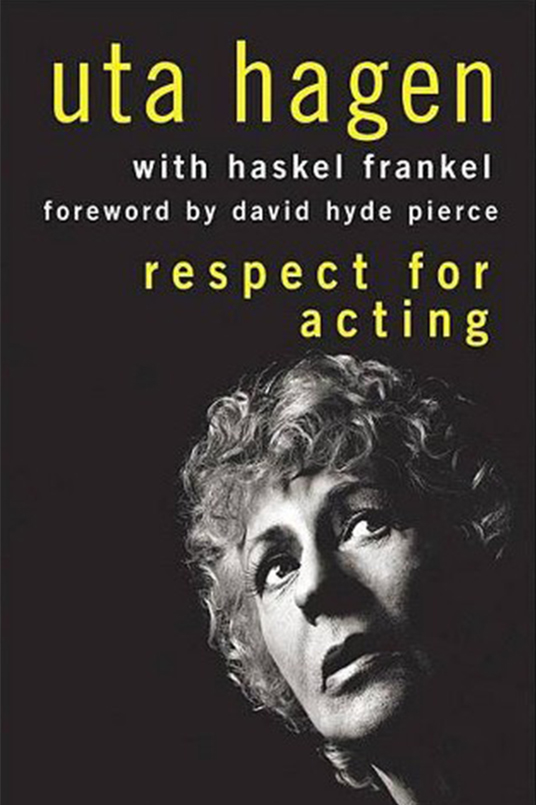This was a birthday gift from my friend José V. Garza. Thank you, José!
As I’ve been getting obsessed about improv comedy (it started as a way to get comfortable with speaking in English and it transformed into a passion), I’ve been having a hard time finding resources to improve on the “acting” component of the performances… until I read this book.
I’ve learned that is a highly recommended book within the acting community and it delivered. Not only it has a mindful approach but it also shares some specific exercises and activities that the reader can do to improve his/her acting skills.
If you are a left-brained person, or someone who is stumbling into “acting” late in life, this is the book for you.
Flow: 4/5, it might be difficult to follow sometimes as it makes many references to plays that might not be familiar to people who have not been in the acting world for a while.
Actionability: 5/5, lots of specific activities and exercises that can/should be applied right away, even before finishing the book.
Mindset: 4/5, it teaches you that to be a great actor you basically have to be a student of everything around you which requires the ability to be present and to listen
Some Of My Highlights
-
“An intellectual actor can intellectualize himself out of real acting impulses, while his less mentally endowed brother, provided he is not dull and insensitive, may function magnificently if he has understanding of human behavior.”
-
“…there is no excuse for his frittering away the hours that belong to him – and his true work – with partying, and fun and games.”
-
“The less-talented actor can win with a thorough, back-breaking discipline in his work, in his examination of his materials and his relationship to it, in the dedication (that mich-abused word) to his work.”
-
“We must serve the play by serving each other.”
-
“Love the art in yourself, not yourself in the art.”
-
“The continuing job of learning to find out who you really are, of learning to pinpoint your responses – and even more important, the myriad, consequent behaviorisms which result – will help you begin to fill your warehouse with sources upon which to draw for the construction of a character.”
-
“Your own identity and self-knowledge are the main sources for any character you may play.”
-
“We have to truly be curious about ourselves and others.”
-
“We must overcome the notion that we must be regular… It robs you of the change to be extraordinary and leads you to the mediocre.”
-
“…how you make these things real to yourself, how you make them exist is totally private work.”
-
“Don’t fall victim to the temptations of revealing your little goodies to your director or your fellow actors.”
-
“In life, an emotion occurs when something happens to us which momentarily suspends our reasoning control and we are unable to cope with this event logically.”
-
“As pleasurable as the idea of a big emotion may seem to an actor, human beings do not want this loss of control and usually make an attempt to cope with the emotion as it hits them.”
